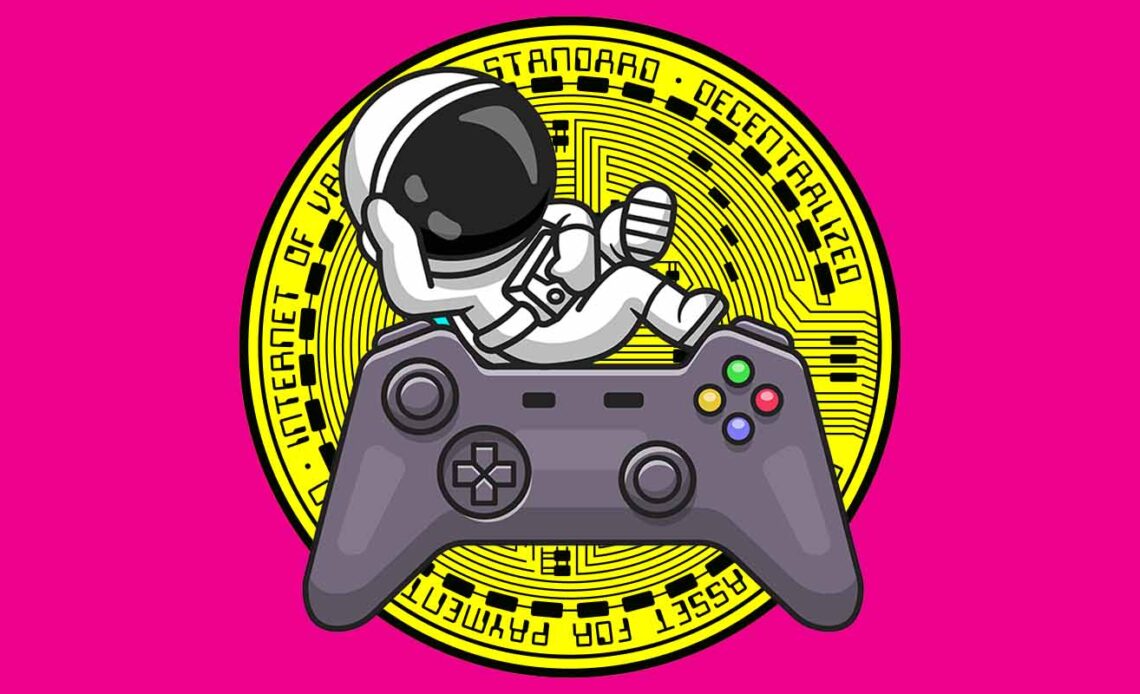HodlX Guest Post Submit Your Post
Blockchain technology and smart contracts have emerged as innovative solutions in the world of digital transactions and contracts.
These technologies are transforming various industries by enhancing security, transparency and efficiency.
In this article, we’ll explore what blockchain and smart contracts are, their applications and their impact on various sectors.
What is blockchain
Blockchain is a decentralized and distributed ledger technology that records transactions across a network of computers.
Each transaction is stored in a block, and these blocks are linked together in a chain, hence the name, ‘blockchain.’
Unlike traditional centralized systems, blockchain doesn’t rely on a single entity. It consists of a network of computers (nodes) that jointly maintain the ledger.
This decentralization prevents single points of failure.
Blockchain’s potential goes beyond cryptocurrencies, offering innovative solutions across industries, from finance to healthcare.
Its principles of decentralization, security and transparency are reshaping the way data and transactions are managed in the digital age.
Security
Blockchain offers a high level of security through cryptographic techniques. Once a transaction is recorded, it’s virtually impossible to alter, ensuring data integrity.
Transparency
Transactions on a blockchain are transparent and can be viewed by all participants. This transparency reduces the potential for fraud.
Applications
Beyond cryptocurrencies like Bitcoin, blockchain is used in supply chain management, healthcare, finance and more.
What are smart contracts
Smart contracts are self-executing contracts with the terms of the agreement directly encoded into computer code.
They automatically execute and enforce the terms of an agreement when predefined conditions are met.
Smart contract developers play a crucial role in the blockchain ecosystem, creating self-executing agreements that automate processes and transactions
Self-executing
Smart contracts eliminate the need for intermediaries by automating the execution of contractual agreements.
When specific conditions are satisfied, the contract’s actions are triggered without human intervention.
Blockchain technology
Smart contracts are typically built on blockchain platforms like Ethereum. The decentralized and immutable nature of blockchain ensures the security and integrity of the contract.
Code-based
Smart contracts are written in…
Click Here to Read the Full Original Article at The Daily Hodl…
























